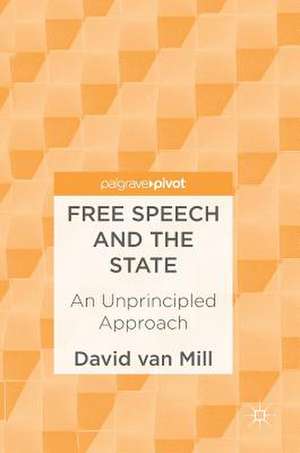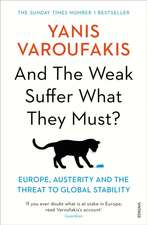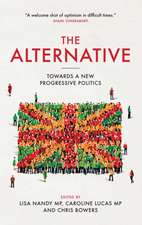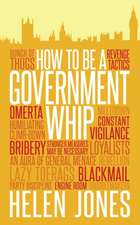Free Speech and the State: An Unprincipled Approach
Autor David van Millen Limba Engleză Hardback – 13 feb 2017
| Toate formatele și edițiile | Preț | Express |
|---|---|---|
| Paperback (1) | 410.77 lei 6-8 săpt. | |
| Springer International Publishing – 4 mai 2018 | 410.77 lei 6-8 săpt. | |
| Hardback (1) | 416.71 lei 6-8 săpt. | |
| Springer International Publishing – 13 feb 2017 | 416.71 lei 6-8 săpt. |
Preț: 416.71 lei
Nou
Puncte Express: 625
Preț estimativ în valută:
79.74€ • 83.42$ • 66.24£
79.74€ • 83.42$ • 66.24£
Carte tipărită la comandă
Livrare economică 02-16 aprilie
Preluare comenzi: 021 569.72.76
Specificații
ISBN-13: 9783319516349
ISBN-10: 3319516345
Pagini: 122
Ilustrații: VIII, 122 p.
Dimensiuni: 148 x 210 x 10 mm
Greutate: 0.31 kg
Ediția:1st ed. 2017
Editura: Springer International Publishing
Colecția Palgrave Macmillan
Locul publicării:Cham, Switzerland
ISBN-10: 3319516345
Pagini: 122
Ilustrații: VIII, 122 p.
Dimensiuni: 148 x 210 x 10 mm
Greutate: 0.31 kg
Ediția:1st ed. 2017
Editura: Springer International Publishing
Colecția Palgrave Macmillan
Locul publicării:Cham, Switzerland
Cuprins
Chapter One: Introduction.- Chapter Two: Justifications For Free Speech.- Chapter Three: An “Unprincipled” Approach to Free Speech.- Chapter Four: Getting Rid of Hate Speech.
Notă biografică
David van Mill is Associate Professor in the Department of Political Science and International Relations at the University of Western Australia.
Textul de pe ultima copertă
This book addresses the question: “What should be the appropriate limits to free speech?” The author claims that it is the state, rather than abstract principles, that must provide the answer. The book defends a version of Hobbesian absolutism and rejects the dominant liberal idea that there is a right (human or civil) setting the boundaries of free speech. This liberal view can be known as the “principled defence of free speech”, in which speech is established as a constitutional principle that has priority over the state. The author instead offers an “unprincipled approach to free speech”, suggesting that the boundaries of speech must necessarily be set by the state, which in liberal democracies means through social and political contestation. The final chapter applies the argument to the topic of hate speech and argues that it is appropriate to limit such speech when it causes harm and offense. The book will be of use to students and scholars across political theory, political science, sociology, philosophy and law.
Caracteristici
Uses a Hobbesian absolutist position to reconsider existing arguments surrounding rights to free speech Argues that the limits of free speech should be set by the state through a process of social and political contestation Highlights how any analysis of free speech requires nuanced arguments depending on specific place and circumstance











